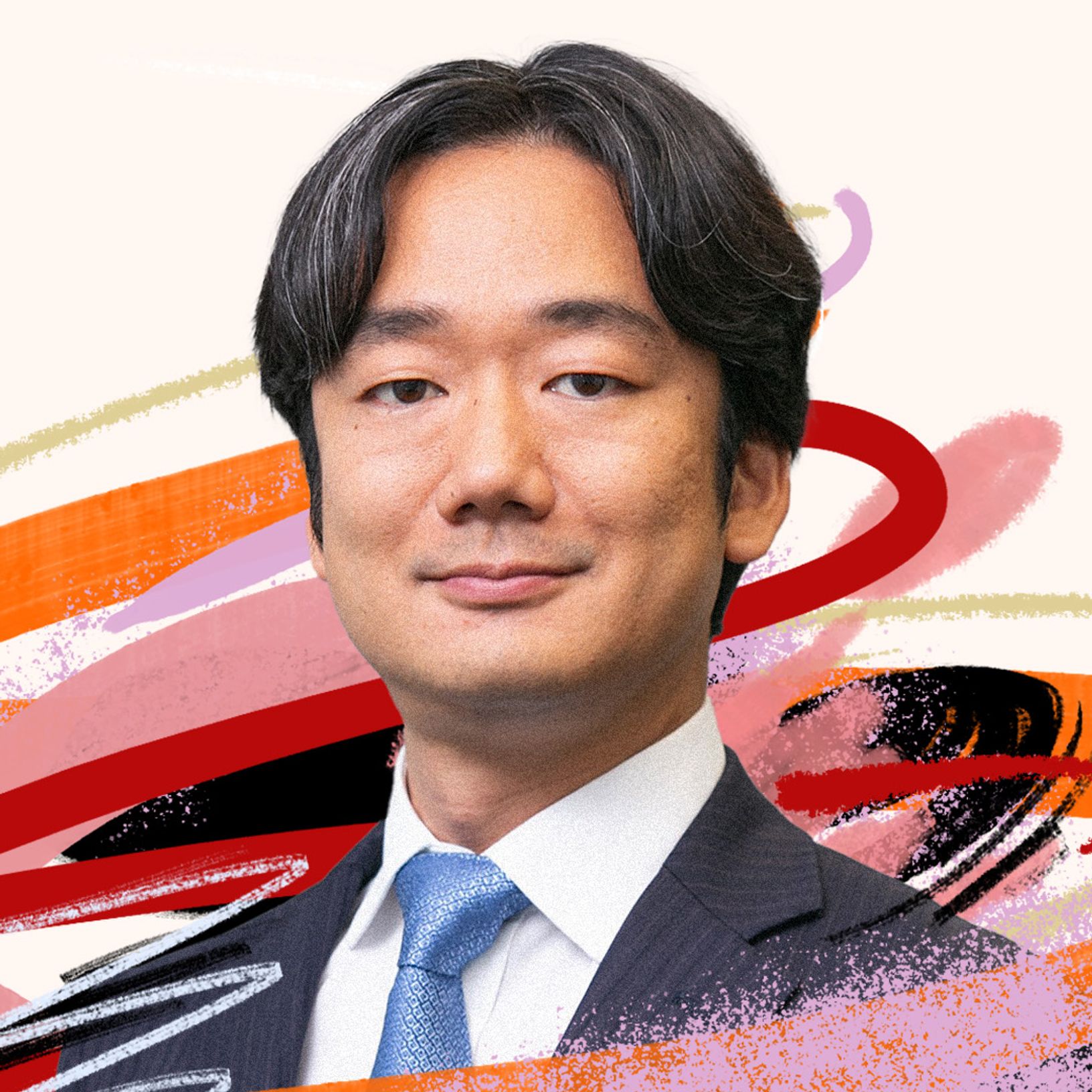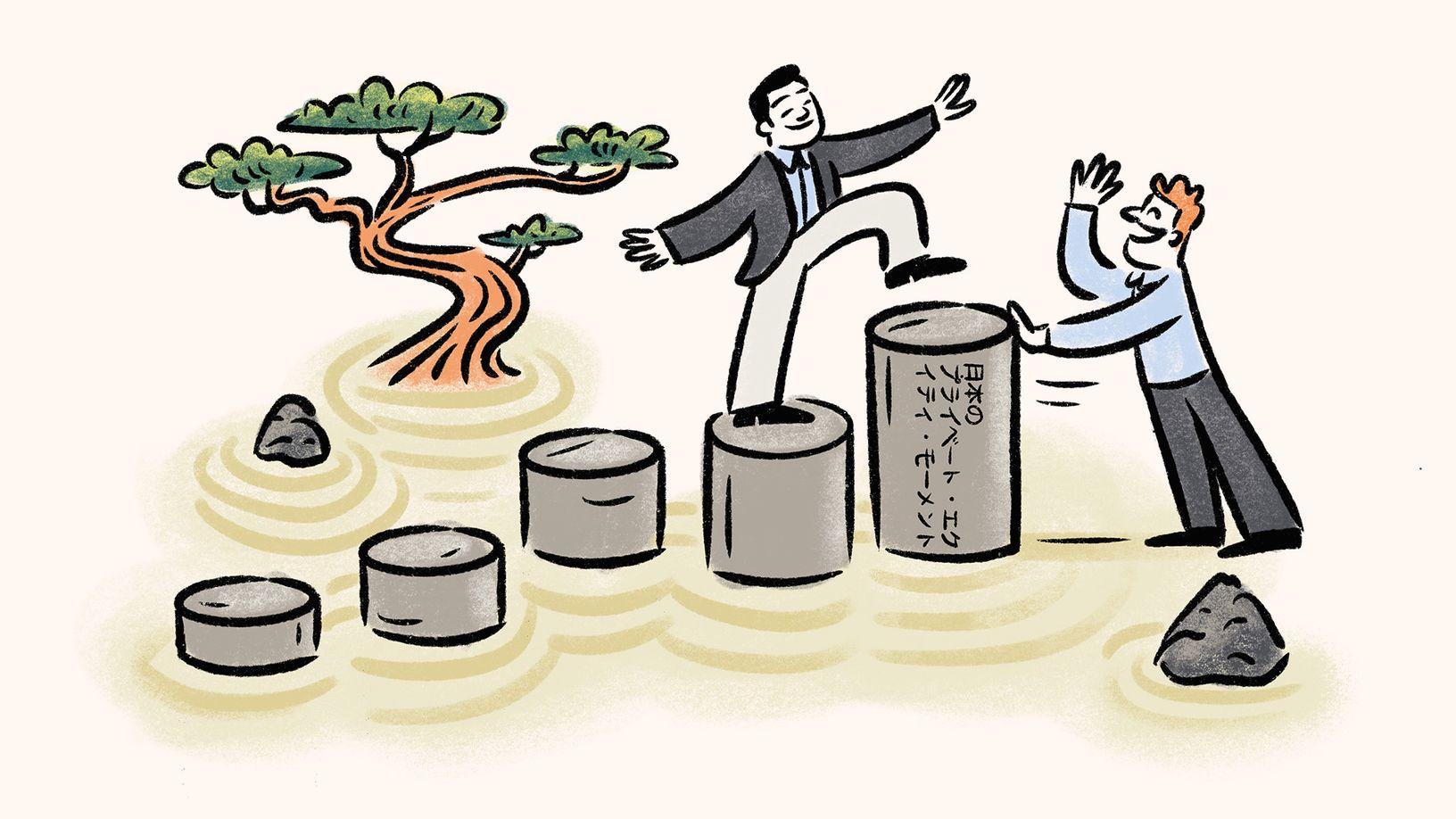Tetsuro Onitsuka: “Japan’s Private Equity Moment Has Finally Arrived”


When it comes to private equity, Japan is having a “moment”. We are experiencing a transformative period that many of us have long anticipated - and many more have desired. As someone who has been a part of this sector for over 20 years, it’s gratifying to witness this maturation. However, it's essential to approach this evolution with caution and precision.
Historically, Japan’s private equity market existed on the periphery. Over a decade ago, private equity was viewed with skepticism and treated like vultures, almost as a last resort for companies that couldn't secure traditional corporate investors. In the last decade, we witnessed a generational shift in senior leadership in Japan, bringing in swaths of new management who had to navigate the Japanese bubble bursting. They had a lot of experience with things like restructuring and rationalizing businesses, and they also used private equity to help them. The industry therefore transformed from a vulture into a useful tool for Corporate Japan.
Now, it’s becoming even more mainstream. When people talk about the Japanese market maturing, I believe they are really talking about embracing a new era of private equity as a force for growth. Firms like EQT are increasingly seen as offering real value to support the growth of companies at all stages in their development.
Another significant change in the market which is making private equity an attractive partner is the Japanese government pushing a productivity agenda, urging companies to be more efficient and competitive. This pressure is driving deal flow, particularly in rationalizing and enhancing productivity within companies. The Tokyo Stock Exchange's mandate for companies to maintain a price-to-book ratio above one is a prime example, incentivizing companies to optimize their operations.
The change is palpable, but it doesn’t come without its challenges. The increased interest from Limited Partners (LPs) in Japan is promising, but it may be creating a cautionary tale for the market as a whole. The market is growing, but it’s not going to be an overnight transformation. Because the strong interest is there, there’s a tendency in the market to overestimate the immediate opportunities. Valuations, particularly for large deals, are inflating meaningfully in recent years. Firms must be willing to be prudent and not afraid to lose some transactions to win over the long run. It is important to ensure that after the initial hype, they remain standing as the market stabilizes and evolves. That requires discipline and differentiation.

At EQT, we differentiate ourselves by being purpose-driven investors, committed to the belief of “doing good is good business”. This approach has helped us in numerous deals, establishing us as responsible and thoughtful investors.This is particularly important in Japan, where companies are not just assets; they are deeply human entities with unique cultures and histories. In many Anglo-Saxon traditions, if you have enough money and you offer the right amount everything is for sale. This is not the case in Japan. In many respects the company is the person with family and history, and the deal comes only after you establish your legitimacy and value-add to the target company. This perspective necessitates a careful and respectful approach to mergers and acquisitions, one that values the legacy and identity of the companies we invest in.
In terms of the value-add, unlike the traditional view of Japanese private equity as cost-cutting and leverage-focused, we emphasize growth in our investments. While traditional methods of cost reduction and turnaround have proven successful, the competition in this space is fierce and differentiation is increasingly difficult. We aim to be different, focusing on sectors where we have strong expertise and can support future growth, such as technology (e.g. HR Brain), services (e.g. Benesse) and healthcare.
In conclusion, Japan's private equity market is indeed maturing, presenting unique opportunities and challenges. At EQT, we are committed to being responsible, growth-focused investors, navigating this evolving landscape with caution and precision. As the market continues to develop, we will remain steadfast in our approach, fostering growth and creating value for our investors and the companies we partner with.
Prior to joining EQT, Tetsu was a founding member and Managing Director of Japan Post Investment Corporation, which managed approximately USD 1 billion in private equity funds. Prior to Japan Post Investment, he worked at TPG Capital for over ten years, ultimately running TPG’s Japan business. He also previously worked as an investment banker at Morgan Stanley in Tokyo. Tetsu received a Bachelor of Arts with High Distinction from Harvard College, and a Master of Business Administration with High Distinction (Baker Scholar) from Harvard Business School.
ThinQ is the must-bookmark publication for the thinking investor.


